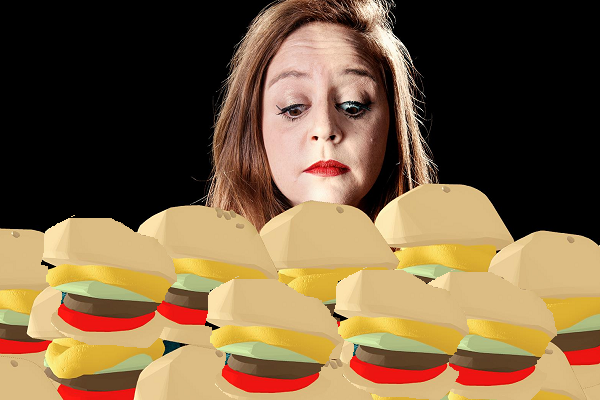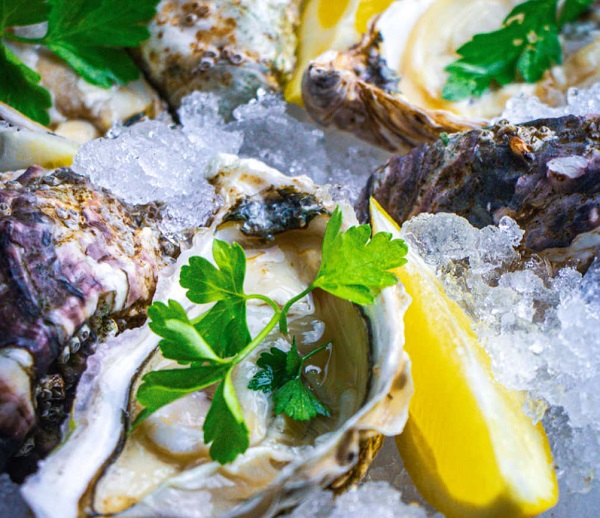
We’ve all been there. It’s been a stressful day, and all you want to do is dive into a pint of ice cream or demolish a bag of chips. While these comfort foods provide temporary relief, they come with long-term costs. Emotional eating is a cycle that can lead to poor physical and mental health. In this article, we’ll delve into what emotional eating is, why it’s harmful, and, most importantly, how you can stop it.
Section 1: The Causes of Emotional Eating
Emotional eating is triggered by various factors like stress, boredom, loneliness, or even happiness. These emotional triggers prompt us to eat even when we’re not physically hungry, creating an unhealthy relationship with food as a coping mechanism.
Section 2: Why Emotional Eating is Harmful
Emotion-driven eating can lead to weight gain and elevate the risk of conditions like diabetes, heart disease, and high blood pressure. Psychologically, it perpetuates a cycle of emotional highs and lows, giving temporary comfort that often results in long-term distress.
Section 3: Ten Ways to Stop Emotional Eating
Way 1: Recognize the Triggers
Identifying emotional triggers is the first step to breaking the cycle. The next time you find yourself reaching for a snack, ask yourself what emotion is driving this action.
Way 2: Find Alternative Coping Mechanisms
Instead of reaching for comfort foods, go for a walk, meditate, or engage in any activity that you enjoy and that can relieve stress.
Way 3: Maintain a Food Diary
Note down what you eat, how much, and most importantly, how you felt before, during, and after. This can help you identify patterns and triggers.
Way 4: Create a Support System
Share your goals with friends and family, or consider joining a support group. Sometimes, talking about your struggles can make them easier to overcome.
Way 5: Set Yourself Up for Success
Fill your pantry with healthy snacks, and get rid of junk food. Make your environment conducive to healthy eating.

Way 6: Mindfulness and Conscious Eating
Take time to enjoy your food. Sit down to eat, chew slowly, and savour every bite. Being present during your meals can help you recognize when you’re full.
Way 7: Exercise Regularly
Physical activity releases endorphins, which are natural mood lifters. It can also be a great way to cope with stress, thereby helping to eliminate one significant trigger of emotional eating.
Way 8: Plan Your Meals
Having a meal plan can take the uncertainty out of what you’ll eat next, reducing the chance of impulsive, emotion-driven eating.
Way 9: Limit Exposure to Emotional Eating Cues
Identify places, times, and social situations that trigger emotional eating and try to avoid them as much as possible.
Way 10: Seek Professional Help
If emotional eating is significantly impacting your life, don’t hesitate to consult a dietician, counsellor, or psychologist.
Section 4: Myths About Emotional Eating
Many people rationalize emotional eating by thinking that it’s okay if they’re eating healthy food or that they “deserve” to eat junk because they’ve had a tough day. Neither justification makes emotional eating healthy.
Section 5: Implementing Changes
Don’t try to implement all these changes at once. Start with one or two strategies and gradually add more as you feel comfortable.
Emotional eating may offer momentary satisfaction, but its long-term effects on your health and well-being are not worth it. Adopting even a few of the strategies outlined here can set you on a healthier, happier path.
For more in-depth information, you might consider reading books like “Intuitive Eating” by Evelyn Tribole and Elyse Resch or visiting websites that focus on emotional wellness and eating behaviours.
Don’t wait for a “perfect moment” to start making changes; the time is now. Take that first step in identifying your triggers or planning your meals for the week. If you found this article helpful, please share it with your friends and family. Together, we can break the cycle of emotional eating and lead happier, healthier lives.








